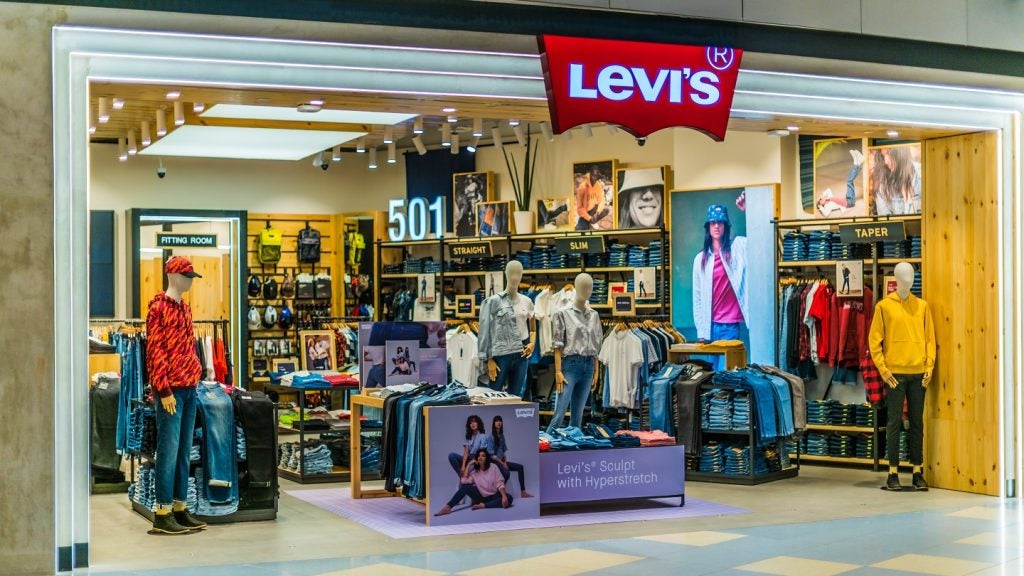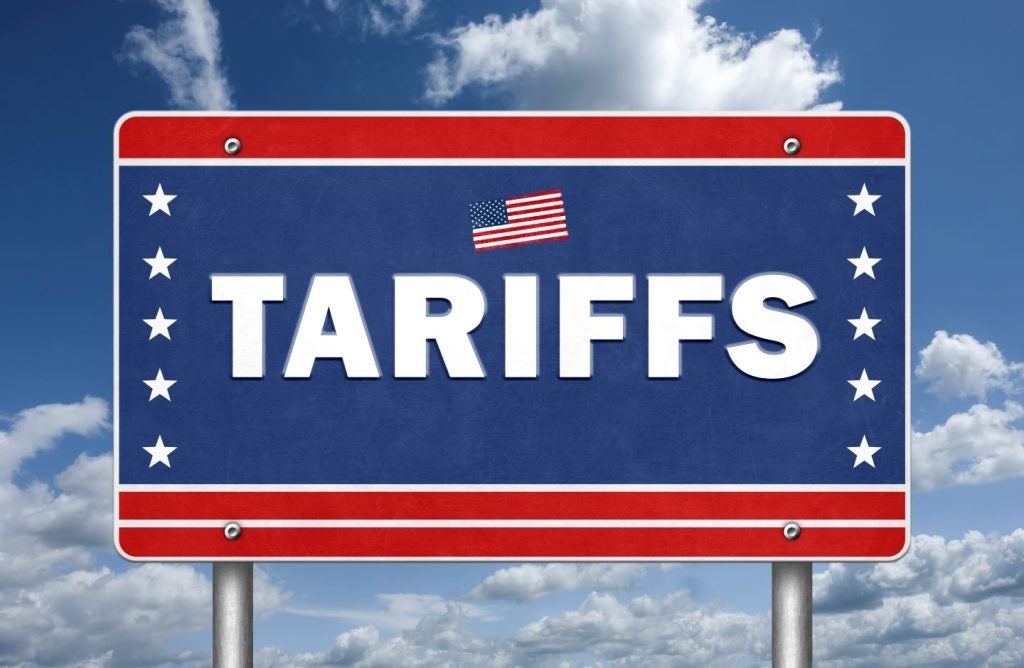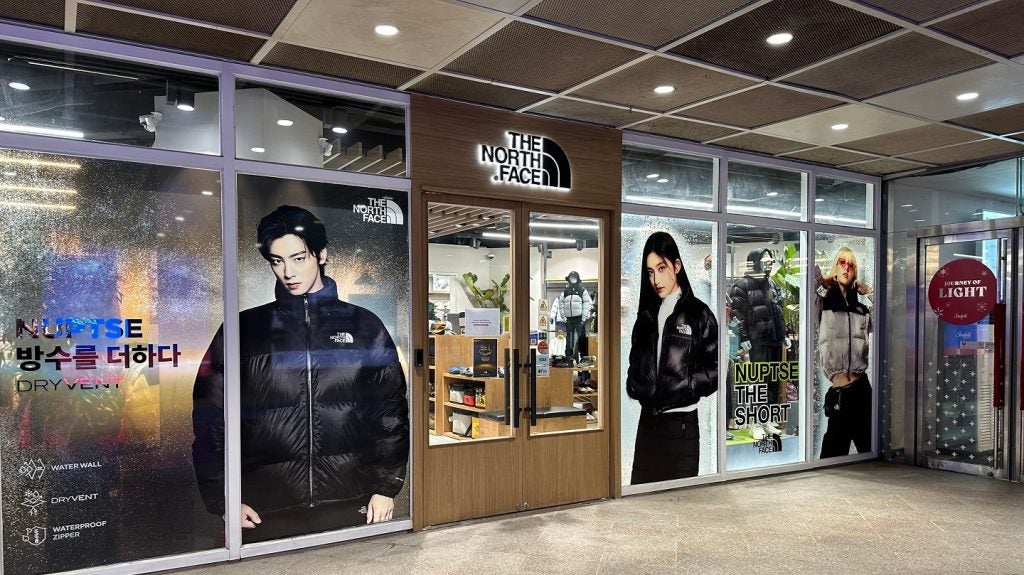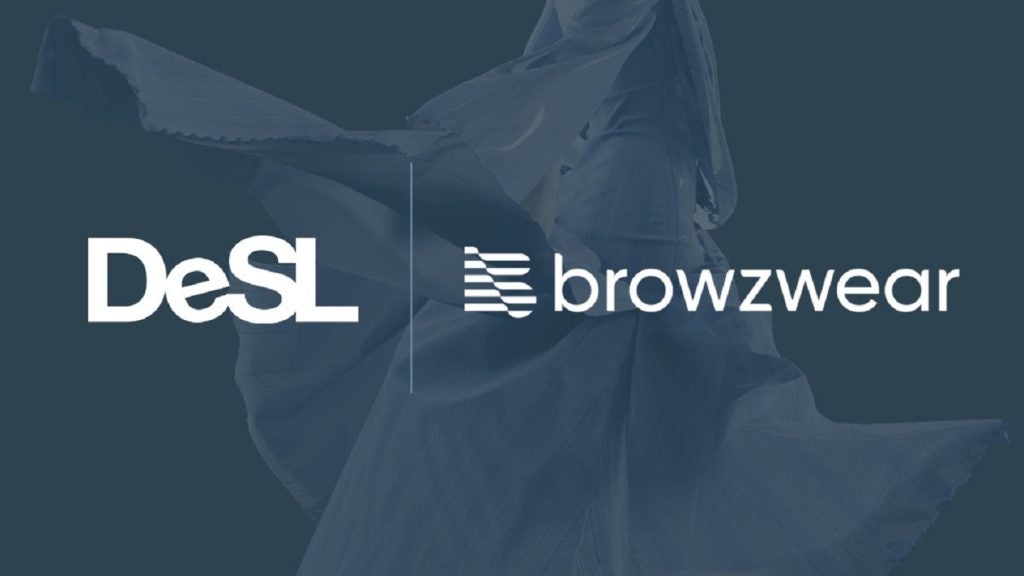During the Q4 ending 1 December 2024, net revenues reached $1.84bn, marking a 12% surge on a reported basis from the $1.64bn posted in the corresponding period of fiscal 2023.
This growth was accompanied by enhanced profitability in its direct-to-consumer operations, robust cash flow, and bottom-line figures that surpassed forecasts.
During the earnings call, Michelle Gass, president and CEO, mentioned that Levi's women's business maintained its growth trend into the quarter, increasing by 12% and reaching nearly $2bn in sales for the year.
Additionally, Levi's men's business showed improvement, shifting from flat performance in the third quarter to mid-single-digit growth in Q4.
Gass said: “We delivered a strong fourth quarter and holiday season, positioning us well as we enter 2025. Our sharpened focus on the core Levi’s brand is working, with broad-based strength across women’s, men’s, DTC and wholesale.”
Levi Strauss key metrics from Q4 FY24
The Americas region spearheaded revenue growth in Q4 FY24 with a 12% jump on a reported basis and a 9% increase organically. The US market, within this segment, recorded a 6% organic ascent.
Europe followed suit with net revenues growing by 15% on a reported basis and 6% organically. Asia's net revenues mirrored this positive trajectory, rising by 9% both on reported and organic terms.
The company's Other Brands also contributed to the financial uplift, with Dockers and Beyond Yoga posting increases of 9% and 10% on reported bases, respectively.
Direct-to-Consumer (DTC) channels were particularly profitable, witnessing a 19% hike on a reported basis and a 14% rise organically. This segment’s organic growth was buoyed by significant increases across major regions: an 11% uptick in the US, 17% in Europe, and 8% in Asia.
E-commerce channels paralleled this success with identical growth percentages. Notably, DTC accounted for 45% of total organic net revenues in the fourth quarter.
Wholesale net revenues grew 7% on a reported basis and a modest 3% on an organic basis.
The group’s net income for the quarter was reported at $183m compared to $127m in Q4 fiscal 2023 and its adjusted net income also improved to $202m from $179m in the same quarter of the previous year.
Its diluted earnings per share (EPS) climbed to $0.46 from $0.32 in Q4 fiscal 2023, while adjusted diluted EPS rose to $0.50 from $0.44.
The company's operating margin escalated to 11.5%, up from 9.2% in Q4 of the previous year.
Its adjusted earnings before interest and taxes (EBIT) margin saw an impressive leap of 120 basis points to reach 13.4%, propelled by gross margin expansion.
Levi’s recorded gross margin of 61.3% in Q4 FY24, rising by 350 basis points from the previous year's figure of 57.8%. This was primarily attributed to reduced product costs – including savings from Project Fuel initiatives – favourable channel mix and increased full-price sales.
The company’s selling, general and administrative (SG&A) expenses rose to $901m from $798m in Q4 of fiscal 2023.
Fiscal 2024 performance
For the full fiscal year of 2024, Levi reported net revenues of $6.35bn, – a modest increase of 3% both on reported and organic bases from fiscal year 2023's total of $6.17bn.
The company’s net income for the fiscal was noted at $211m, down by 16% from $250m in FY23, while adjusted net income rose to $503m from $441m in FY23.
Its diluted EPS for FY24 dipped slightly to $0.52 from FY23's figure of $0.62.
Levi posted gross margin of 60.0%, outperforming the prior fiscal year by 310 basis points while operating margin was recorded at 4.2%. Its adjusted EBIT margin improved to reach 10.2% from the previous year's figure of 9.0%.
Fiscal 2025 outlook
Looking ahead into fiscal year ending 30 November 2025 (FY25), Levi anticipates net revenues to have a slight decline between 1-2% on a reported basis while projecting organic net revenue growth between approximately 3.5 to 4.5%.
The company also forecasts an expansion in adjusted EBIT margin ranging between approximately 10.9% to 11.1%.
In January last year, the company launched Project FUEL, a two-year scheme is designed to expedite brand-led and DTC-first strategies, while driving sustainable long-term growth and profitability. These initiatives were intended to save the business a total of $100m in fiscal 2024.















